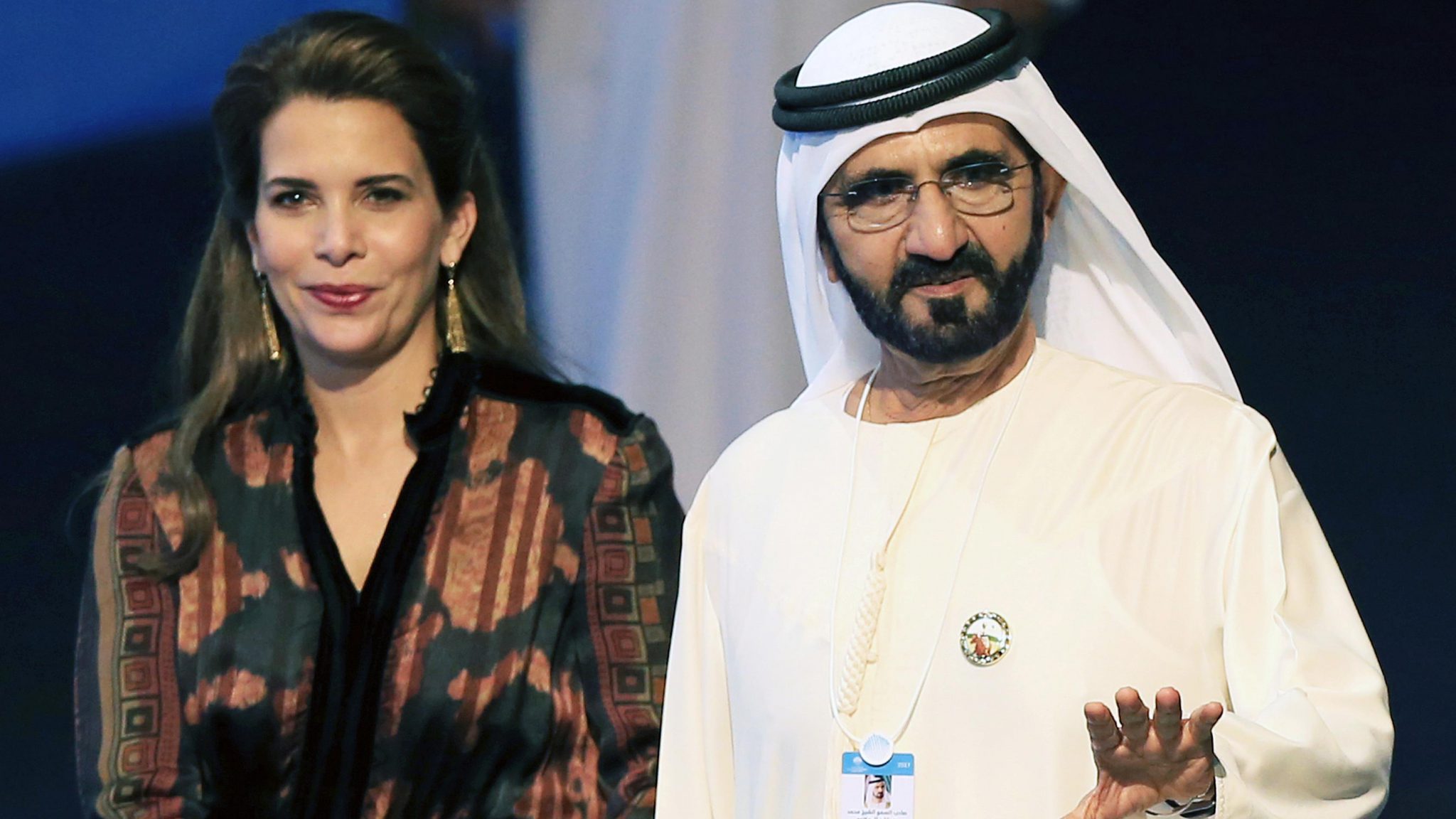David Brown, The Times
October 8, 2021
Scotland Yard faces growing pressure to reopen an investigation into alleged phone hacking by the ruler of Dubai.
Detectives closed the inquiry eight months before a High Court ruling was made public on Wednesday. It found that Sheikh Mohammed bin Rashid al-Maktoum had orchestrated a sophisticated spyware attack.
The Crown Prosecution Service said yesterday that it gave legal advice to the police but had not ordered its investigation to be closed. A spokesman said: “Following a request by the Metropolitan Police, we gave some general advice on an investigation related to phone hacking. The decision to end the investigation was made by the police.”
A legal source said that the hundreds of pages of legal rulings and other documents released on Wednesday could implicate suspects not protected by diplomatic immunity.
Sir Andrew McFarlane, president of the family division of the High Court, found there had been hacking of the sheikh’s former wife, the Jordanian princess Haya Bint al-Hussein, 47, and her lawyers: the Conservative peer Baroness Shackleton of Belgravia and Nicholas Manners.
Haya’s lawyers alleged in submission to the court that Mohammed broke five UK laws, including interception of communications, perverting the course of justice and breaches of the Data Protection Act. McFarlane concluded it was more likely than not that Mohammed was responsible for the use of the Pegasus spyware and there had been abuse of power by a head of government. The use of spyware in this way would be a breach of domestic criminal law.
The Metropolitan Police said that its specialist crime command received multiple allegations of crime, including unauthorised access and interception of digital devices relating to six alleged victims. A spokeswoman said: “Officers engaged with the complainants and significant inquiries were carried out in collaboration with law enforcement partners over five months. All lines of inquiry were explored as far as possible.”
The force said that the investigation was closed in February because there were no further investigative opportunities. The spokeswoman added: “We will of course review any new information or evidence which comes to light in connection with these allegations.”
Mark Lewis, a lawyer who helped to expose Fleet Street phone hacking, said: “The hacking of a lawyer’s phone by the other side is one of the greatest threats that undermines a law-based democracy. Both the criminal law and civil law are engaged. Jurisdictional issues might hamper the criminal investigation as to where the alleged crime took place and where the alleged criminals are.”
The Pegasus spyware is much more intrusive than listening to mobile phone voicemails, which led to the jailing of journalists and a private investigator. Pegasus can record calls, copy photographs, secretly film users and access address books, call histories, calendars, emails and internet browsing histories. It is officially designed for intelligence agencies and police.
There were already calls for a public inquiry into the kidnapping of one of Mohammed’s daughters in Cambridge in 2000. Lawyers claim they have fresh evidence, including the identity of the British bodyguard who abducted Princess Shamsa when she was 19. Shamsa claims she was taken to her father’s 3,300-acre Dalham Hall estate in Suffolk, which includes his Godolphin racing stables, before being flown out of the country by helicopter.
Jude Lanchin, a lawyer at Bindmans LLP, and Alun Jones QC said they would be handing the new evidence to Cambridgeshire police. Detectives in the original investigation complained that it had been blocked by the Foreign Office.
McFarlane ruled last year that Mohammed orchestrated the abduction of Shamsa and her sister, Princess Latifa, 35, who was seized from a yacht in the Indian Ocean in 2018.
